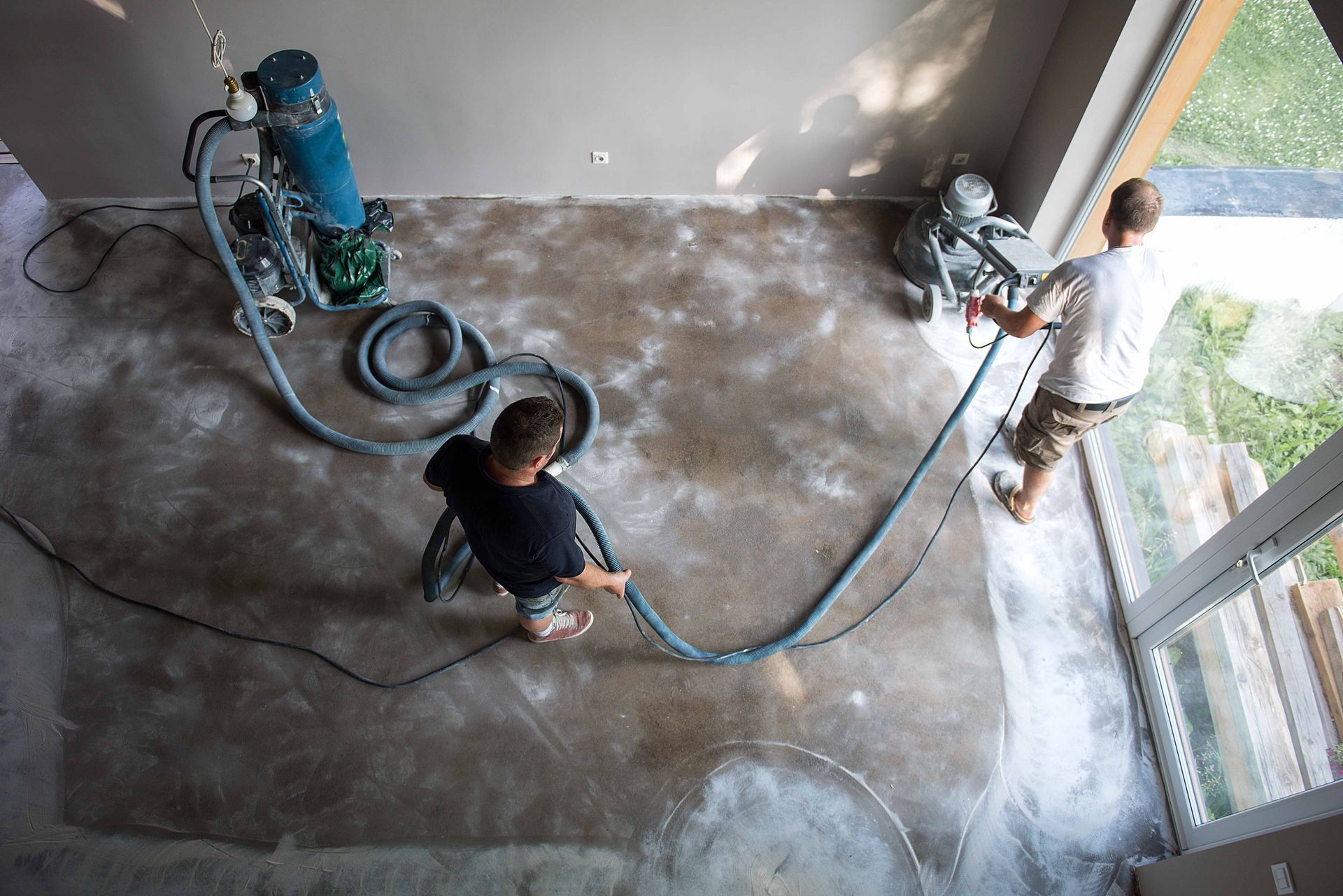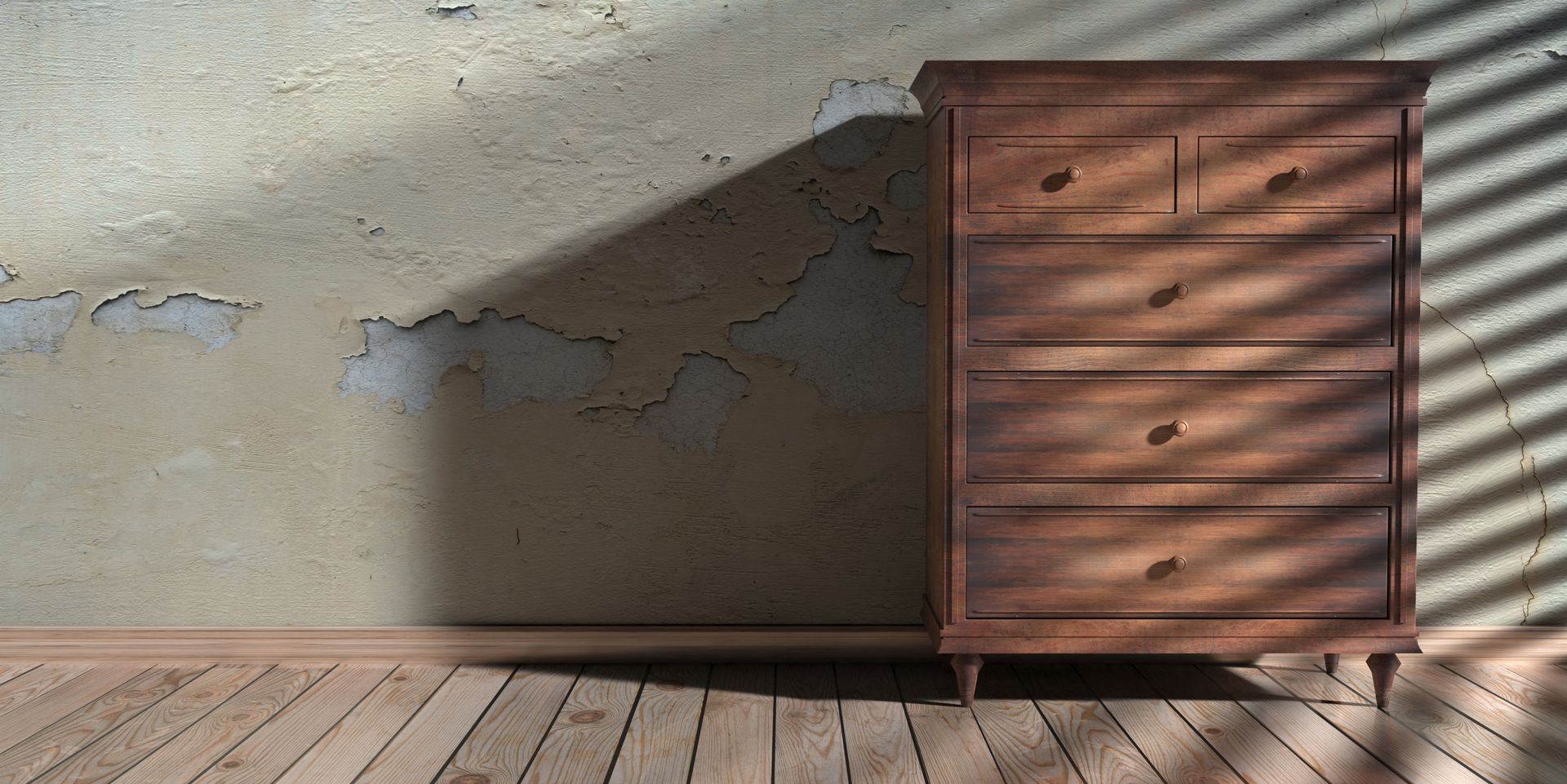How to Prevent Water Damage in Your Home
It's not hard to protect your home from water damage
Preventing water damage is far easier and cheaper than repairing it. With proactive steps, homeowners can protect their property from the devastating effects of leaks, floods, and moisture buildup. Here are practical ways to keep water at bay.
Start with regular maintenance of your plumbing system. Inspect pipes for corrosion or leaks, especially in older homes. Replace worn-out washers in faucets and tighten connections to prevent drips. Consider installing a water leak detection system that alerts you to unusual water flow, catching issues before they escalate.
Your home’s exterior is the first line of defence. Clean gutters and downspouts twice a year to ensure proper drainage. Clogged gutters can cause water to pool on your roof or overflow near the foundation, leading to leaks or basement flooding. Check your roof for missing shingles or cracks, and seal any gaps around windows and doors to keep rainwater out.
Basements and crawlspaces are vulnerable to moisture. A sump pump with a battery backup to handle heavy rain is a wise investment, especially in areas prone to flooding. A dehumidifier will do wonders to control humidity levels, which you should consider in closed spaces harbouring damp air which can encourage mould growth. Ensure your garden or forecourt slopes away from the foundation so water doesn’t collect near the house and resist the temptation to pave over such spaces in a way that does not provide ways for water to escape into the ground.
What would life be without appliances like water heaters, washing machines, and dishwashers! But hey are common culprits when it comes to water damage in the home. Inspect hoses for wear and replace them every five years. Place a drain pan under appliances to catch leaks, and never leave them running when you’re away. For added protection, shut off the main water supply during long vacations.
Landscaping matters too. Avoid planting trees or shrubs too close to your home, as roots can damage pipes or the foundation. Use mulch or gravel to direct water away from vulnerable areas.
Finally, know your home’s vulnerabilities. If you live in a flood zone, elevate appliances and valuables above potential flood levels. Review your insurance policy to understand what’s covered, as standard plans often exclude flood damage.
By investing time in these preventive measures, you can save thousands in repairs and keep your home safe from water’s destructive power.


